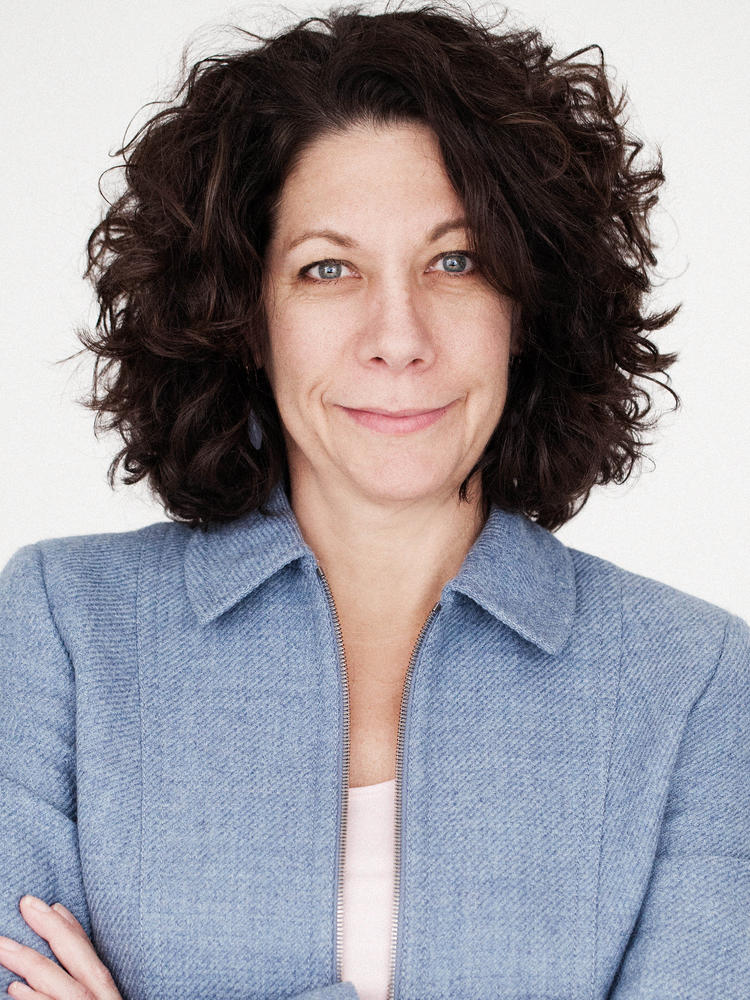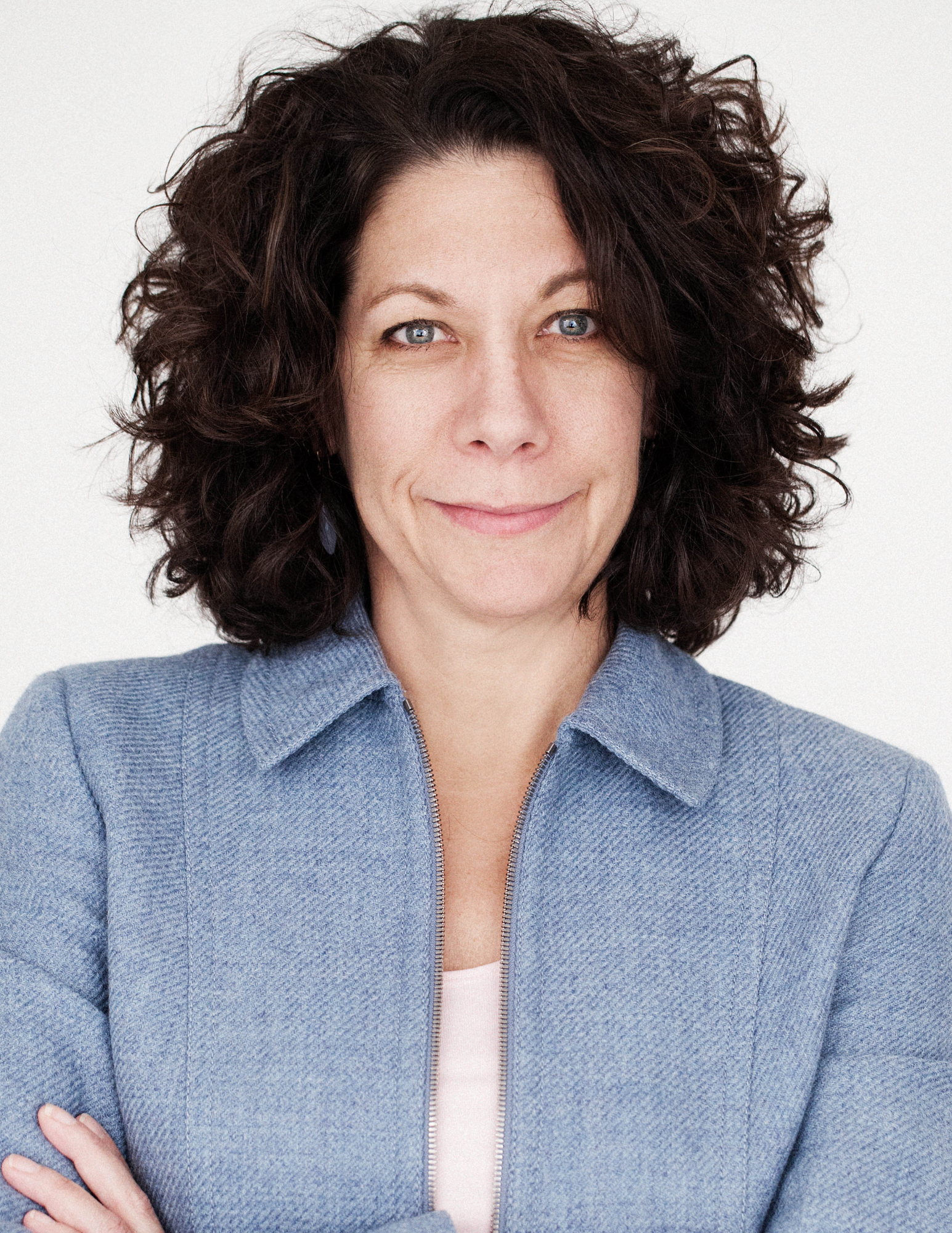
Bonnie L. Bassler

Bonnie L. Bassler
Bonnie Bassler is a member of the National Academy of Sciences, National Academy of Medicine, and the American Academy of Arts and Sciences. She is a Howard Hughes Medical Institute Investigator and the Squibb Professor and Chair of the Department of Molecular Biology at Princeton University. Bassler received a B.S. in Biochemistry from the University of California at Davis, and a Ph.D. in Biochemistry from the Johns Hopkins University. She performed postdoctoral work in Genetics at the Agouron Institute, and she joined the Princeton faculty in 1994.
The research in her laboratory focuses on the molecular mechanisms that bacteria use for intercellular communication. This process is called quorum sensing. Bassler’s research is paving the way to the development of novel therapies for combating bacteria by disrupting quorum-sensing-mediated communication. At Princeton, Dr. Bassler teaches both undergraduate and graduate courses.
Dr. Bassler directed the Molecular Biology Graduate Program from 2002-2008 and she chaired Princeton University’s Council on Science and Technology for 6 years and during that time she rejuvenated the science curriculum for humanists. Bassler is a passionate advocate for diversity in the sciences and she is actively involved in and committed to educating lay people in science.
She has received many awards and honors. As some examples, Dr. Bassler was awarded a MacArthur Foundation Fellowship in 2002. She was elected to the American Academy of Microbiology in 2002 and made a fellow of the American Association for the Advancement of Science in 2004. She was the 2006 recipient of the American Society for Microbiology’s Eli Lilly Investigator Award for fundamental contributions to microbiological research. In 2008, Bassler received Princeton University’s President’s Award for Distinguished Teaching. She is the 2009 recipient of the Wiley Prize in Biomedical Science for her paradigm-changing scientific research. She is the 2011 recipient of the National Academies’ Richard Lounsbery Award. She is the 2012 UNESCO-L’Oreal Woman in Science for North America. In 2012, Bassler was elected to the Royal Society and to the American Philosophical Society. She was made a member of EMBO in 2013. She received the Shaw Prize in Life Sciences and Medicine and the Ricketts Award in 2015, and, in 2016, the Pearl Meister Greengard Prize and the FASEB Excellence in Science Award. Also in 2016, she won the Max Planck Research Award of the Alexander von Humboldt Foundation and she was elected a fellow of ASCB. She was awarded the Dickson Prize in Medicine and the Ernst Schering Prize in 2018. In 2020, she received the Gruber Prize in Genetics for her groundbreaking discoveries and she also received the Genetics Society of America Medal. In 2025, Dr. Bassler received the National Medal of Science, which is the country's highest scientific honor.
Bassler has performed a remarkable amount of national and international service. Three examples are: Bassler was the President of the American Society for Microbiology in 2010-2011. She chaired the American Academy of Microbiology Board of Governors from 2011-2014. She was a member of the National Science Board for six years and was nominated to that position by President Barack Obama. The Board oversees the NSF and prioritizes the nation’s research and educational activities in science, math, and engineering.

